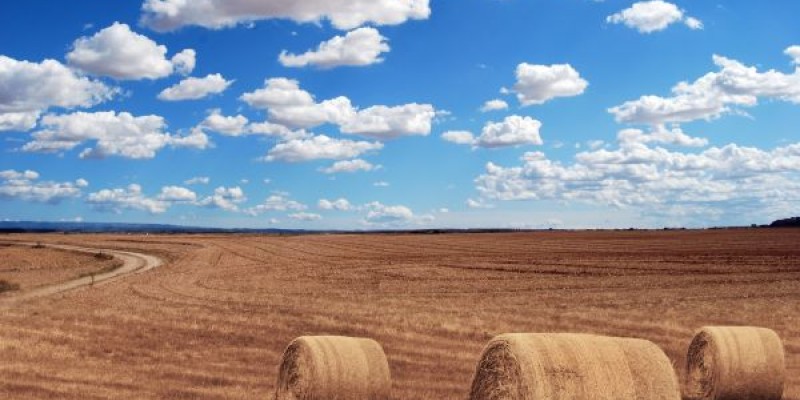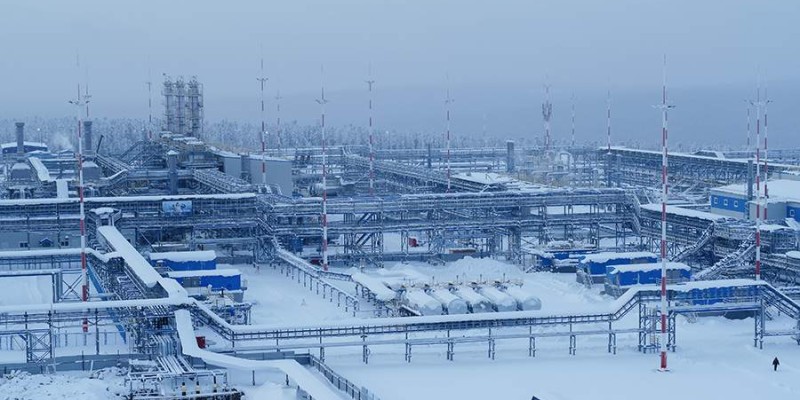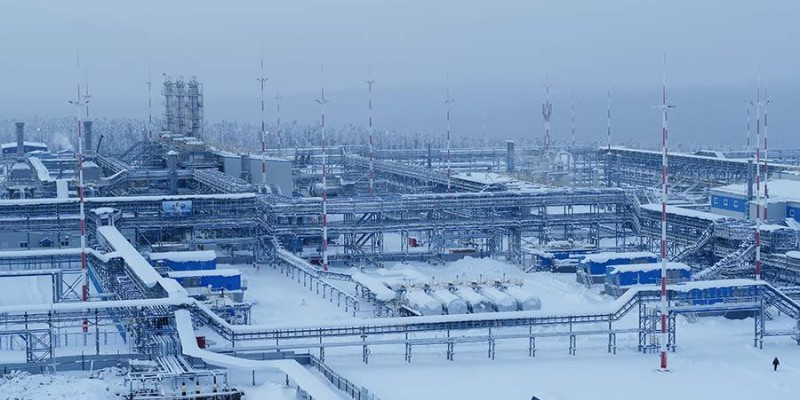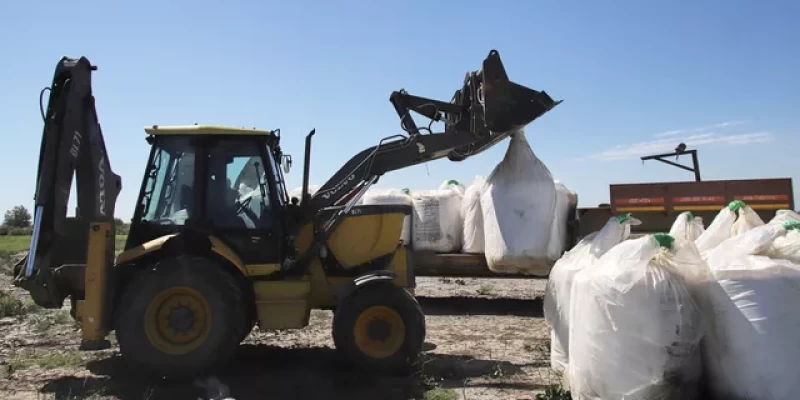SCO & BRICS latest news and insights
By Rhod Mackenzie
The global geopolitical crisis has had a significant impact on the export of Russian mineral fertilisers due to export restrictions and logistical difficulties. However, producers have already been able to adapt to the new conditions, and in 2023, the volume of fertilizer product...
By Rhod Mackenzie
Moscow plans to build transport and logistics centres, industrial parks and other infrastructure in Africa, Southeast Asia and Latin America. In this way, Russia will begin to redirect its non-resource, non-energy exports to new markets, Izvestiya learned. The government intends...
A recent article in the The Financial Times article begins with the words,
"Europe, like a sleepwalker, is increasingly plunging into almost total dependence on Russian fertilizers, as it previously was with natural gas."
The article is based on an interview with the executive director of one of...
By Rhod Mackenzie
Because of high gas prices, European companies have sharply reduced or stopped fertiliser production. And while Gazprom's supplies to the region have fallen, exports of nitrogen fertiliser from Russia have risen sharply - up to a third of all imports to Europe. The Norwegian chem...
By Rhod Mackenzie
After the Western sanctions, India has strengthened its role as a major buyer of Russian oil. The current volume of transactions is back to its peak. However, exporters have managed to capture another critical segment - fertilisers. Delhi started to increase its purchases from Mo...
The European Union has increased imports of Russian fertilisers to a maximum level since December 2022. In February, the volume of deliveries amounted to 167 million euros in monetary terms. This exceeded the previous month's figure by 16 percent in physical terms and 21 percent in monetary terms. W...






